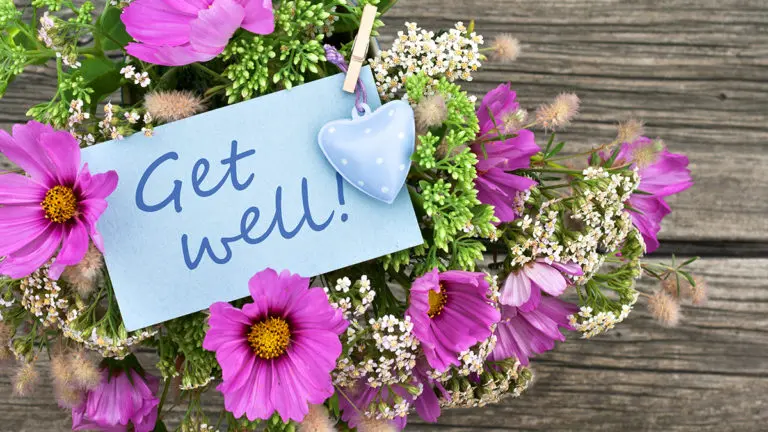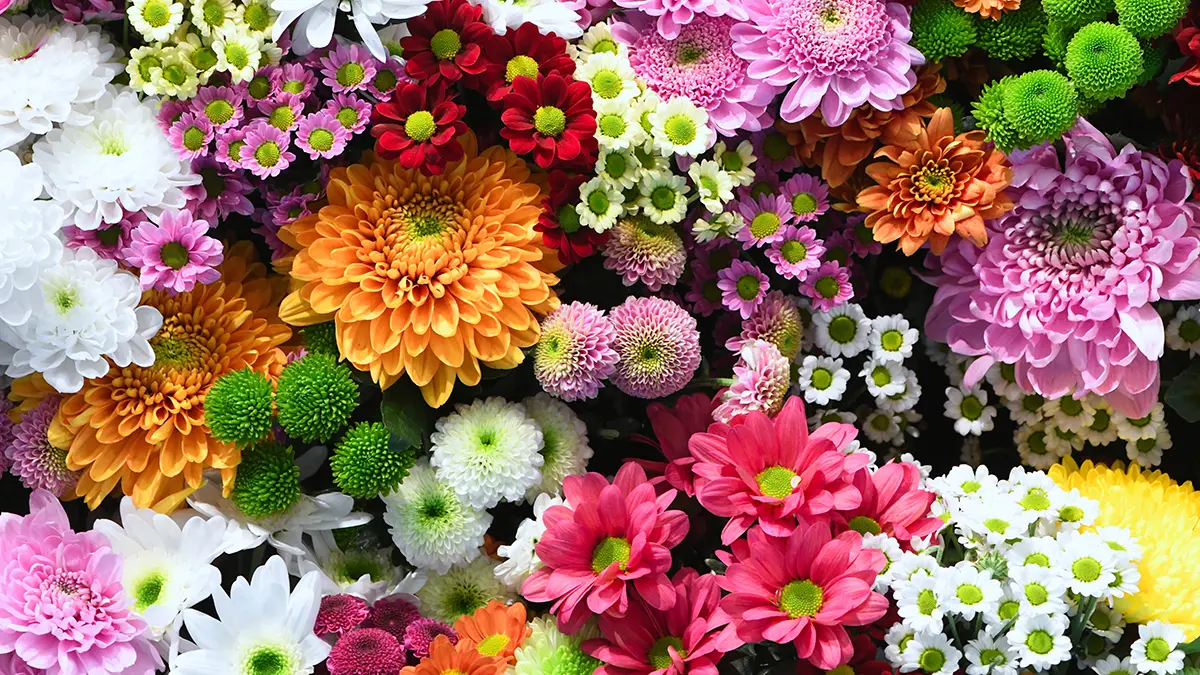“I encourage people to look at self-care as a living, organic thing. We need to stay open and flexible, and not try to keep doing things the way we have always done them.
Vanessa Joy Walker
Certified life and leadership coach

The past few years have been filled with uncertainty. This turbulent time has challenged our ability to maintain a hopeful outlook. Yet, a large body of research shows that positive thinking benefits our immune system as well as our overall mental and physical well-being.
Developing an upbeat attitude is not about ignoring the troubles of life; it’s about making room for the good things that happen — no matter how small they may be.
“Sometimes the best path toward a more positive mindset is finding the freedom to dig into all the messy stuff in a way that is productive,” says Vanessa Joy Walker, a certified life and leadership coach, and author of the book “Make Room for Joy.” “When we do that, we can see the possibilities that are embedded in the problems.”
4 steps to leading a more positive life
We all have our own “messy stuff” to deal with — some more than others — and Walker understands that. Here, she offers four ways for how to be more positive in our everyday lives.
1. Live for today
“Sometimes, we get so focused on the past or the future that we don’t experience the present,” she explains. “We are constantly scrolling — and not just on social media but in our lives — to find the things that will fill us up. But we are missing what is happening right now.”

Walker suggests setting aside time to identify the things that are stressing us out and deciding how we feel about them. Taking only 15 minutes to write down these concerns, she says, can help alleviate anxiety and fear.
“Addressing the mess is essential, but give yourself boundaries,” she emphasizes. “I always say, ‘Address those worries, but don’t take a bath in them.'”
2. Practice the pause
“We all say we want to practice more self-care and find more peace. But, then, why is it so difficult for us to just be still?” she asks.
Walker says she uses a timer to remind herself to take short breaks throughout the day. These pauses can include taking a walk, making a cup of tea, reading a book, or taking a quick nap. “No social media and no using the pause as something to check off your to-do list,” she advises, adding that the type of break can differ according to what your needs are on that particular day.
3. Express gratitude
“Gratitude is a posture, a way of looking at life,” Walker says. “It allows us to see possibilities in our problems. When we see possibilities, we are more hopeful. And when we are more hopeful, we have a positive mindset.”

While Walker says it’s important for us to express gratitude as much as we can, she acknowledges that having to come up with a list of things for which we are thankful can feel overwhelming or burdensome. In those cases, it’s OK to dial it back. “It can be just one thing,” Walker says. “It’s almost impossible not to find one thing to be grateful for.”
4. Embrace flexibility
“When things are uncertain, our routines and rituals change,” Walker says. “I encourage people to look at self-care as a living, organic thing. We need to stay open and flexible, and not try to keep doing things the way we have always done them.”
One of the benefits of cultivating a more positive outlook is that it can be contagious. When you model a hopeful attitude, it encourages others to do the same thing.
The importance of ‘being there’
Another way to share a message of hope is by giving gifts — an act that is scientifically proven to be just as beneficial to the giver as the receiver. When you get a gift for someone, it shows them that you are there for them, and that, in turn, can help them — and you — become more positive.
Walker puts it this way: “Over the past few years, all of us have experienced uncertainty, fear, frustration, and grief. That grief may be the loss of a loved one or the grief for the past — that (sense of) ‘normal’ that may never happen again.
“But when you step into that mess with someone and say, ‘I am here for you,’ that is empathy. And that can help both of you feel a little bit better.”







